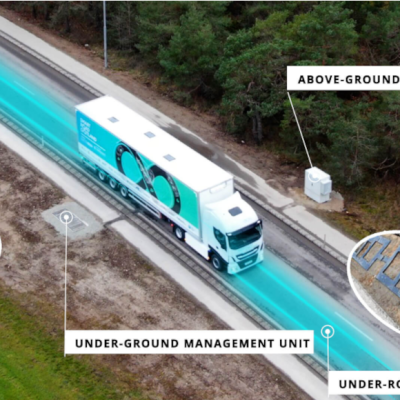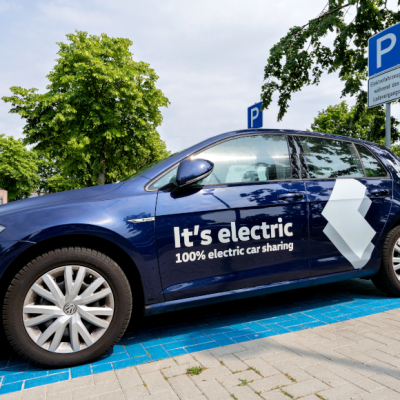Electric cars are more cost-effective than combustion engine vehicles over their entire lifespan, despite their higher purchase costs. This is especially true when the vehicles are charged with self-generated electricity. According to data from the German Federal Motor Transport Authority (KBA), electric and hybrid cars accounted for more than half of new registrations last year. Greenpeace’s study shows that electric vehicles can save several hundred euros per month. However, high electricity prices and the reduction of the environmental bonus have led to uncertainty among potential buyers, questioning the economic viability of electric cars.
In response, scientists from the Fraunhofer Institute for Systems and Innovation Research (Fraunhofer ISI) conducted a cost-benefit analysis of different types of vehicles on behalf of the German Federal Ministry of Digital and Transport (BMDV). The study included the current costs of selected car models with different types of engines, as well as the predicted development of energy prices and the total cost of ownership (TCO) over the entire lifespan of the vehicle. The study found that electric vehicles are more cost-effective than combustion engine vehicles in the long run, despite their higher purchase and charging infrastructure costs.
The cost advantage of electric vehicles comes from lower energy costs, environmental bonuses, exemption from vehicle tax, and annual greenhouse gas quotas. The study also found that the size of the vehicle and the charging infrastructure significantly affect the overall cost of an electric vehicle. Users who charge their vehicles with self-generated photovoltaic electricity benefit from a significant cost advantage over those who have to use public charging stations. The study also compared two price scenarios: increased electricity prices and rising CO? prices, which particularly affect the prices of fossil fuels. The results show that the development of energy prices over time plays an increasingly important role.
In conclusion, the study shows that electric vehicles are more cost-effective than combustion engine vehicles in the long run, despite their higher purchase and charging infrastructure costs. The cost advantage of electric vehicles comes from lower energy costs, environmental bonuses, exemption from vehicle tax, and annual greenhouse gas quotas. The study also found that the size of the vehicle and the charging infrastructure significantly affect the overall cost of an electric vehicle. The study’s findings suggest that the promotion of electric vehicles through environmental bonuses and innovation premiums, particularly in the lower segments, is crucial to increasing their attractiveness and achieving cost parity more quickly.










